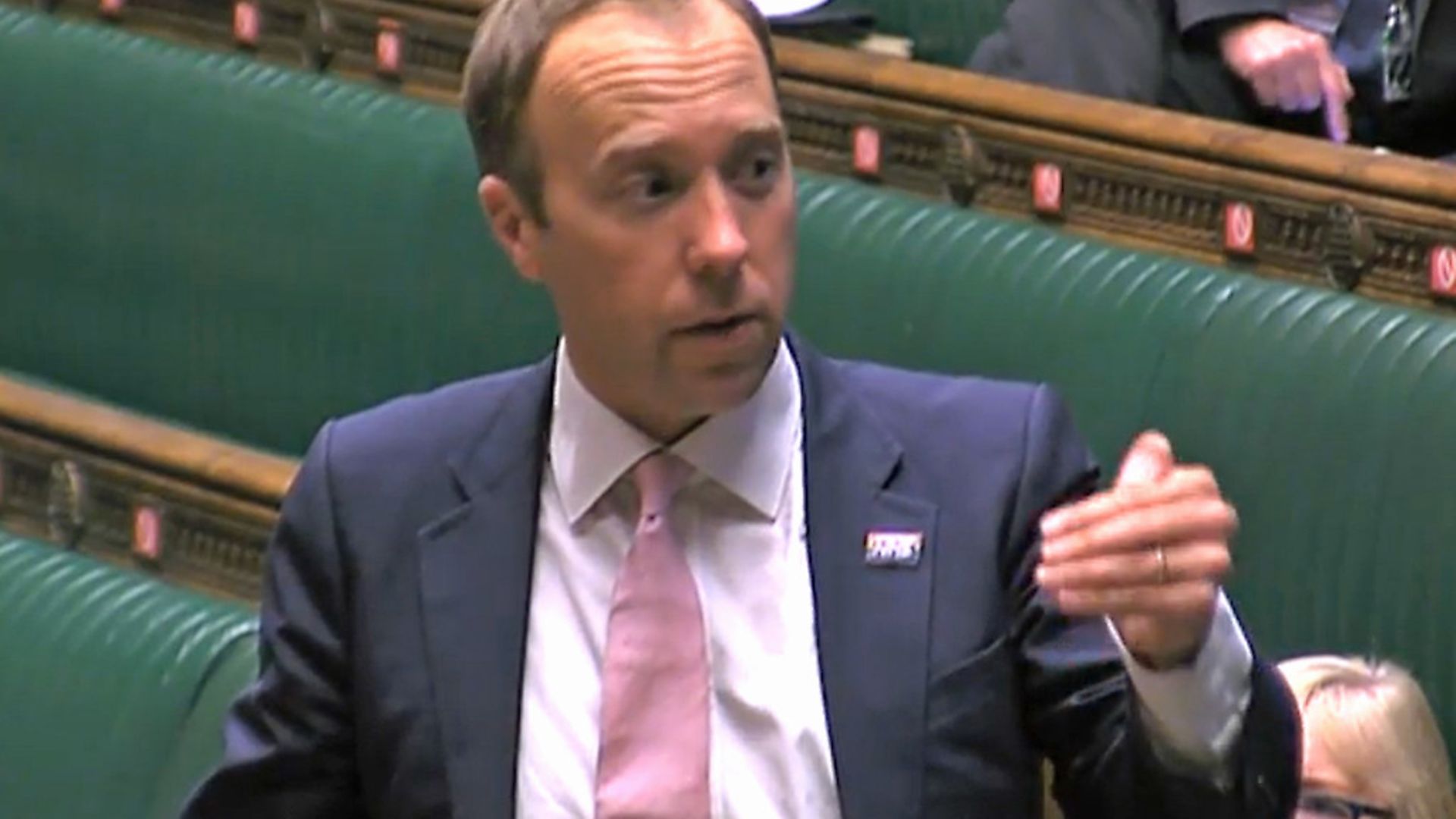
Matt Hancock has admitted the UK’s coronavirus testing system will take a “matter of weeks” to fix amid reports people are being denied tests.
The health secretary said the testing system faced an “enormous challenge” after a “sharp rise” in people had begun seeking a test.
People trying to get a Covid swab have complained they are either being told to travel hundreds of miles away while Labour said no tests were available in virus “hotspots” over the weekend.
Hospital bosses warned that a lack of tests for NHS workers was putting services at risk.
The latest government figures show that 220,000 tests are processed each day even though the country’s testing capacity is more than 350,000 – which includes swab tests and antibody tests. The aim is to increase that to 500,000 a day by the end of October.
Hancock acknowledged that there were “operational challenges” in the testing system as he was summoned to answer an urgent question on the situation in the Commons.
“I do not shirk from decisions about prioritisation,” he said.
“The top priority is and always has been acute clinical care. The next priority is social care, where we’re now sending over 100,000 tests a day because we’ve all seen the risks this virus poses in care homes.”
Responding to whether the system would be running smoothly by the minister’s self-imposed deadline of next week, Hancock said: “I think that we will be able to solve this problem in a matter of weeks.
“So we are managing to deliver record capacity, but as he well knows demand is also high and the response to that is to make sure we have prioritisation so the people who most need it can get the tests that they need.”
Hancock said an updated prioritisation list would be published setting out who will be at the front of the queue for tests. It comes after anyone suffering symptoms, regardless of where they work or live, were urged to book tests in recent months.
“We have seen a sharp rise in people coming forward for a test, including those who are not eligible,” Hancock said.
“Throughout this pandemic, we have prioritised testing according to need. Over the summer, when demand was low, we were able to meet all requirements for testing, whether priorities or not.
“But as demand has risen, so we are having to prioritise once again and I do not shirk from decisions about prioritisation. They are not always comfortable, but they are important.”
He told MPs that the average distance travelled to a test site is now 5.8 miles, down from 6.4 miles last week.
At the same time, a government adviser has cast doubt on the preparedness of the NHS.
Sir John Bell, regius professor of medicine at Oxford University, who has been advising ministers, said the speed at which more people would need tests had been underestimated and warned that the problem could get worse.
He told BBC Radio 4’s Today programme: “I think what’s going wrong is the second wave.
“A month ago, they had spare capacity in testing, significant spare capacity, but I think what has been underestimated was the speed at which the second wave would arrive, but also the pressure put on the system from children returning to school, and the testing demands associated with that, and people increasingly out and about.
“So I think they are definitely behind the curve in terms of getting the necessary tests for what we need today.”
A No 10 spokesman said: “Our capacity continues to be targeted to where it is most needed, which is why booking slots and home testing kits are made available daily for people with symptoms.”
Warning: Illegal string offset 'link_id' in /mnt/storage/stage/www/wp-includes/bookmark.php on line 357
Notice: Trying to get property 'link_id' of non-object in /mnt/storage/stage/www/wp-includes/bookmark.php on line 37






